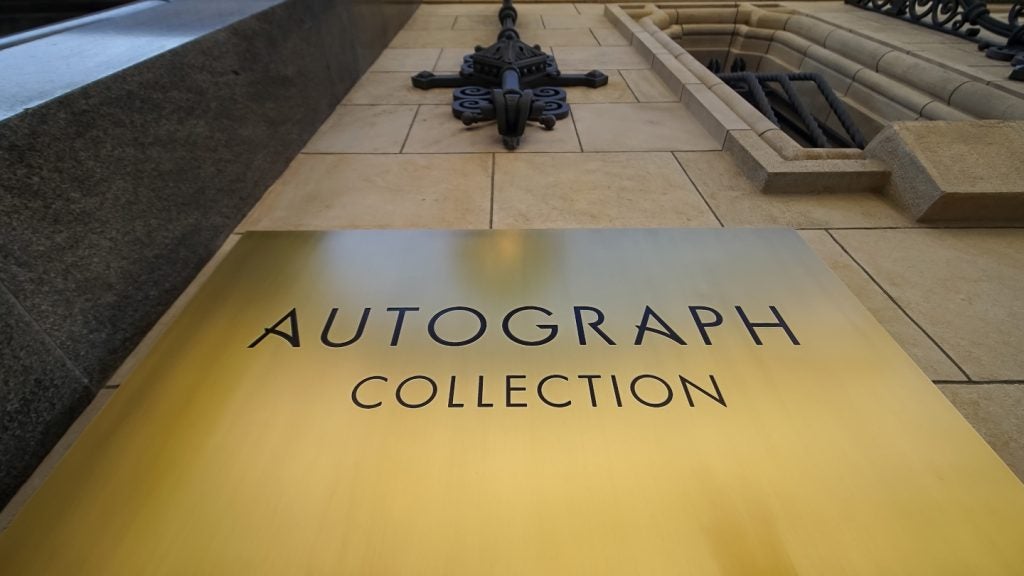Hotel ratings worldwide may no longer meet the needs of modern travellers, according to a new report by Cavendish Maxwell, a Dubai-based real estate advisory group.
The report, Is the system of hotel rating still fit for purpose?, highlights the growing disparity between regional rating standards, particularly those in the Gulf, Europe, and the USA, making meaningful comparisons increasingly challenging.
“A 5-star hotel in Dubai and other parts of the Middle East is not equivalent to a hotel with the same rating in other global regions, particularly when it comes to brand new properties,” said Gergely Balint, Associate Partner at Cavendish Maxwell.
He cited the Burj Al Arab’s unofficial designation as the world’s first 7-star hotel as an early indicator of the need to modernise rating systems.
The report notes that Saudi Arabia’s unprecedented investment in tourism could exacerbate the issue, as the kingdom introduces cutting-edge establishments far beyond the traditional scope of existing ratings.
A system no longer aligned with modern tourism
Originally developed to guide travellers on quality and facilities, traditional rating systems are struggling to adapt to a more diversified tourism landscape. “With tourism evolving at pace, gone are the days when the main reason for booking a hotel was for a break in the sun or a business conference,” Balint observed.
He pointed to the rapid growth of subsectors such as wellness, adventure, and experiential tourism, which are reshaping traveller expectations. These shifts, the report argues, make the current global hotel star rating system less relevant.
Different regions use distinct methodologies: Europe employs a star-based system, the USA uses diamonds, and international platforms like TripAdvisor and Forbes Travel Guide rely on bubbles and service assessments, respectively.
Meanwhile, specialised systems, such as the Green Star for sustainability and the Crescent Rating for Halal-friendly hotels, cater to niche markets.
Call for a unified approach
The Cavendish Maxwell report calls for stakeholders in the hospitality industry to collaborate on developing a unified global rating system. “Clearly, it is time for hospitality industry stakeholders to explore a new approach to hotel ratings,” Balint emphasised.
He proposed that, as an interim solution, independent organisations publish “equivalent” ratings across jurisdictions, akin to currency exchange rates. Over time, he suggested, international systems could replace national ones, standardising criteria to ensure transparency and trust.
The report concludes with a caution: “Changes will take time – and require challenging decisions that will mean winners and losers. Existing ratings systems may not survive if they don’t adapt promptly, while others may emerge to take their place.”
Rapid growth in the Gulf
The report also highlighted Dubai’s hospitality sector as a case study in rapid hotel development. With 720 hotels and nearly 150,000 rooms, the city added 2,700 rooms in the first half of 2024, with another 10,000 expected by 2025.
Growth has been especially robust in the 4-star category, which saw the most significant increase, alongside a surge in 5-star rooms.
As the hospitality industry evolves, the need for a standardised and comprehensive rating system becomes increasingly evident, raising critical questions about the future of hotel ratings worldwide.














